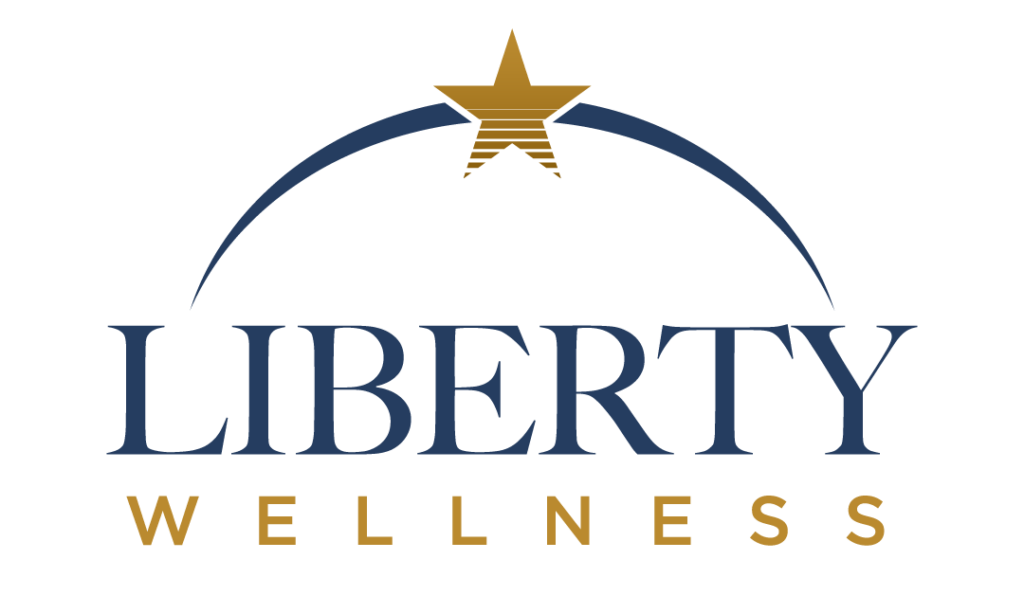Bipolar Disorder
Bipolar Disorder and Addiction
While bipolar disorder and addiction are two separate conditions, they often occur together.
This can be a dangerous combination, as bipolar disorder can lead to risky behaviors, and addiction can make it hard to resist those behaviors.
If you or someone you know is struggling with bipolar disorder and addiction, getting help is crucial. Treatment can help you manage your condition and stay healthy.
Keep reading to learn about the signs of Bipolar disorder and where to find dual diagnosis treatment in New Jersey!


Liberty Wellness of New Jersey Makes Your Journey To Recovery As Stress-Free As Possible.
What is Bipolar Disorder?
Bipolar disorder is a mental illness affecting an estimated 2.6% of Americans yearly. Bipolar disorder is marked by two distinct phases, mania, and depression, which can last for days, weeks, or even months at a time.
Manic Phase
During the manic phase, an individual may experience feelings of intense energy, joy, and euphoria.
Depressive Phase
During the depressive phase, an individual may feel deeply sad, hopeless, or even suicidal.
In both phases, individuals may also have difficulty sleeping and concentrating on tasks.
Types of Bipolar Disorder
Bipolar disorder is classified into two main types: Bipolar I and Bipolar II.
Bipolar I is characterized by episodes of mania and depression, while Bipolar II is characterized by shorter periods of hypomania (a milder form of mania) and more extended periods of depression.
What Are the Signs of Bipolar Disorder?
In addition to extreme mood swings and depression, people with bipolar can also experience other symptoms such as:
- Irritability
- Distractibility
- Poor concentration
- Sleep disturbances
- Impaired judgment
Can Bipolar Disorder Lead to Addiction?
Unfortunately, bipolar disorder can lead to increased drug and alcohol addiction risk, and several reasons lead to the co-occurrence of the two conditions.
Self-Medication
People with bipolar often turn to substances to self-medicate their symptoms. This is especially true during mania, when people may feel like they need to use drugs or alcohol to keep up with their increased energy levels.
Brain Structure
People with bipolar are at an increased risk for developing substance use disorders because of how their brains are wired.
Research has found that changes in the areas of the brain that control impulsivity and decision-making can make it harder for people with bipolar to resist the urge to use drugs or alcohol.
What Are the Risks of Bipolar Disorder and Addiction?
The combination of bipolar disorder and addiction is a dangerous one.
Not only can substance use worsen the symptoms of bipolar disorder, but it can also lead to physical health problems, strained relationships, legal issues, and more.
Common mental health, genetic, and environmental factors can increase the risk of developing a co-occurring bipolar and addiction disorder.
A few factors are:
A history of mental health issues places you at an increased risk for developing co-occurring bipolar disorder and addiction.
If you have family members with either a history of substance abuse or mental health issues, you may also be at an increased risk.
People who experience depression, especially those who struggle with suicidal thoughts or behaviors, are also at an increased risk for developing co-occurring disorders.
People who experienced exposure to alcohol or other drugs when they were young are also at an increased risk for developing bipolar disorder and addiction.
People who have experienced significant life events such as trauma or loss are also at an increased risk for developing co-occurring disorders.
If you think you may be struggling with bipolar disorder and addiction, getting help is essential. Treatment is available, and the sooner you seek help, the better your chances of recovery.
What Are the Benefits of Treatment?
The good news is that treatment is available and can be highly effective in managing bipolar disorder and addiction. Often, the best approach is a combination of medication and psychotherapy.
Medication can help to regulate mood swings, while psychotherapy can help you develop healthy coping strategies for dealing with stress and triggers. With the proper support and treatment, it is possible to manage both bipolar disorder and addiction and live a healthy, balanced life.
How Does Bipolar Dual Diagnosis Treatment Work?
Typically, bipolar dual diagnosis treatment begins with an assessment to identify any underlying mental health conditions.
This will help your treatment team develop a customized treatment plan that addresses both the addiction and the underlying condition, such as bipolar disorder.
Once your individualized plan has been designed, you may participate in various therapies to help address the symptoms of bipolar disorder. This may include individual therapy, group therapy, family therapy, and medication management.
It’s important to remember that recovering from bipolar disorder and addiction is a process, and recovery requires patience, dedication, and hard work.
Are There Centers for Addiction and Bipolar Treatment in New Jersey?
If you or someone you love is struggling with bipolar disorder and addiction, it’s essential to seek dual diagnosis treatment.
A New Jersey bipolar treatment center is designed specifically for those suffering from mental illness and substance abuse.
Treatment Options
During treatment, you will work with a team of specialists to help you manage your symptoms and develop healthy coping mechanisms.
Group therapy is a great way to connect with others who are also struggling with bipolar disorder and addiction. In a group setting, you can share your experiences and learn from each other.
One type of evidence-based treatment, Cognitive behavioral therapy (CBT), helps people identify and modify unhealthy thought patterns and behaviors. During CBT, you will work with a therapist to identify triggers and develop coping strategies.
Medication can help to regulate mood swings, reduce cravings, and control symptoms of bipolar disorder. A psychiatrist or doctor will help you find the proper medications for your needs.
Outpatient treatment is perfect for you if you need a more flexible recovery process. With this option, outpatient treatment lets you get support and guidance while living at home.
Intensive outpatient therapy (IOP) may be the best option for those who need more support than outpatient treatment. This type of treatment provides a higher level of care and structure while allowing you to continue living at home.
Aftercare services are crucial for anyone recovering from bipolar disorder and addiction. Aftercare programs can provide support, guidance, and resources to help you stay on track with your recovery goals.
Liberty Wellness Offers Dual Diagnosis Bipolar Treatment in New Jersey
Bipolar disorder and addiction are two conditions that often go hand-in-hand. If you suffer from bipolar disorder and addiction, it’s essential to seek dual diagnosis treatment to get the help you need to manage your symptoms and live a healthy, happy life.
Contact the professionals at Liberty Wellness to learn more about our New Jersey addiction treatment and bipolar therapy program.
We offer individualized care and support to help you heal from the damage of bipolar disorder and addiction.
Take the first step towards recovery today – call us now for more information. Let us help you get back on track with your life, health, and happiness!
We Accept Multiple Types of Insurance
Get help with payment for your Addiction rehab treatment. We accept multiple types of insurance and can help you verify if you will be accepted.








Reach out to us with any questions or to get started
Our Location:

-
20 East Taunton Road Suite 103
Berlin NJ 08009 - 866-937-3158

